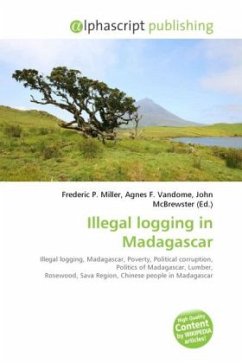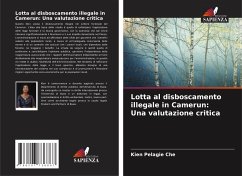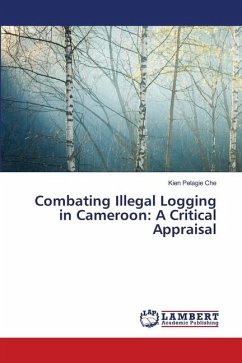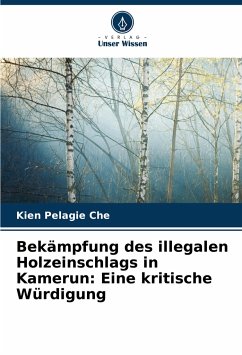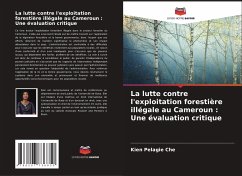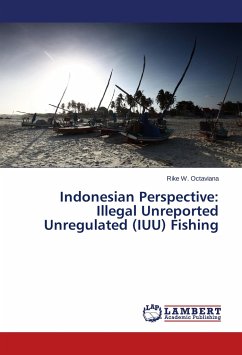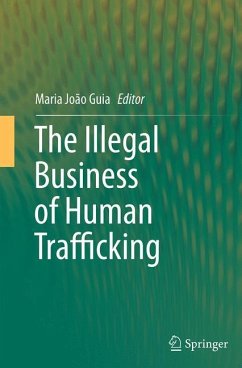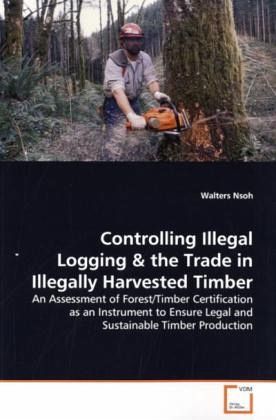
Controlling Illegal Logging
An Assessment of Forest/Timber Certification as an Instrument to Ensure Legal and Sustainable Timber Production
Versandkostenfrei!
Versandfertig in 6-10 Tagen
32,99 €
inkl. MwSt.

PAYBACK Punkte
16 °P sammeln!
Over the last few years, illegal logging and theassociated trade in illegally harvested timber hasemerged as one of the greatest threats to forestsaround the world. Various initiatives have beendeveloped and are being pursued to tackle theproblem, amongst which is forest/timbercertification. A number of certification schemesexist and are currently being widely used by variousGovernments as part of their timber procurementpolicy. But even within the existing certifiedforests, there is still evidence of illegal andunsustainable activities. This book thereforeassesses the extent to which forest/t...
Over the last few years, illegal logging and the
associated trade in illegally harvested timber has
emerged as one of the greatest threats to forests
around the world. Various initiatives have been
developed and are being pursued to tackle the
problem, amongst which is forest/timber
certification. A number of certification schemes
exist and are currently being widely used by various
Governments as part of their timber procurement
policy. But even within the existing certified
forests, there is still evidence of illegal and
unsustainable activities. This book therefore
assesses the extent to which forest/timber
certification is likely to provide an effective
instrument in the current global fight against this
growing problem. Although the situation is not
peculiar to one country, the author uses the United
Kingdom (UK) and Cameroon in most instances to
illustrate more general issues. Limitations to the
use of certification and suggestions on how to
overcome them are analysed, among other ideas. The
analysis should help shed some light on this legal
instrument, and should be especially useful to policy
analysts or anyone else who may be interested in the
illegal logging debate.
associated trade in illegally harvested timber has
emerged as one of the greatest threats to forests
around the world. Various initiatives have been
developed and are being pursued to tackle the
problem, amongst which is forest/timber
certification. A number of certification schemes
exist and are currently being widely used by various
Governments as part of their timber procurement
policy. But even within the existing certified
forests, there is still evidence of illegal and
unsustainable activities. This book therefore
assesses the extent to which forest/timber
certification is likely to provide an effective
instrument in the current global fight against this
growing problem. Although the situation is not
peculiar to one country, the author uses the United
Kingdom (UK) and Cameroon in most instances to
illustrate more general issues. Limitations to the
use of certification and suggestions on how to
overcome them are analysed, among other ideas. The
analysis should help shed some light on this legal
instrument, and should be especially useful to policy
analysts or anyone else who may be interested in the
illegal logging debate.



